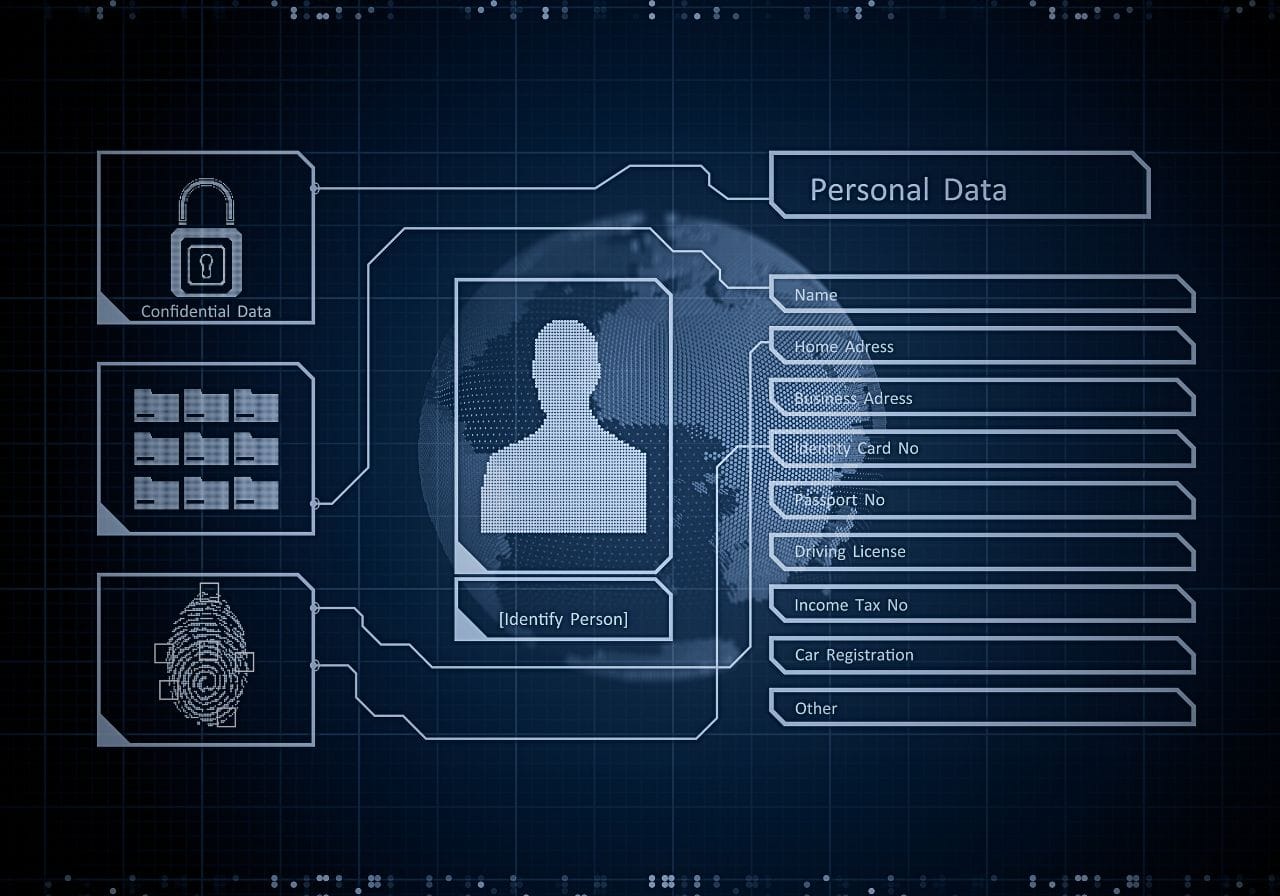Top 5 Pros and Cons of Violent Video Games
For a long time, the issue of forced video games has been at the heart of debate among parents, teachers, scientists, and politicians. Some consider it a harmful distraction that contributes to the attack, while others argue that it will increase cognitive skills and provide safe outlets for stress. The impact of violent video games is not black and white; it depends on a variety of factors, such as the individual, their environment, and the time spent playing the game.
This article will help you to take a closer look at the advantages and disadvantages of violent video games and understand their possible effects. The Benefits of Violent Video Games
Pros of Violent Video Games
1. Improve Cognitive and Strategic Thinking
Violent games often include complex missions, tactical planning, and quick decision-making. Players need to remember cards, manage resources, and predict enemy movements. All of these are necessary.
- Problem Solving
- Spatial consciousness
- Improve memory
- Strategic thinking
For example, games like Call of Duty and Halo require players to quickly adapt strategies that can improve executive brain functionality in a rapidly evolving environment.
2. Improves Hand, Eye, and Reflex Adjustment
The rapid development of the game requires players to respond promptly to changes in visual and audio signals. This leads to the best:
- Hand and eye adjustment
- Reflection
- High athletic ability
Research shows that frequent players often surpass players in tasks that involve tuning the visual engine.
3. Eliminating Stress and Emotional Exits
For some players, violent video games offer a way to release the disappointment and stress held in a secure, controlled virtual space. Instead of playing emotions in real life, players can “explode” between games.
This effect can be positive if the game is played in moderation and serves as a supplement to, rather than a complete escape from, the actual problem.
4. Encourage Teamwork and Communication
Many violent video games have a multiplayer mode in which players can successfully collaborate and communicate with their teammates.
- Build online friendships
- Encourage the main role.
- Develop communication skills and negotiation.
For example, A tactical filming game like Rainbow Six Siege requires team coordination to win the match.
5. Increase Attention To Details
Violent action game players often develop clearer observation skills. They learn to notice:
- Changes in the environment
- Peripheral vision
- Sound signal
This increased reliability can lead to real tasks such as driving and navigation in an animation environment. The downsides of violent video games
Cons of Violent Video Games
1. Potential Increase In Aggression
The biggest concern about violent games is that they can desensitize players to violence and increase their aggressive thoughts and behavior. Although the research is mixed, some studies have shown the long-term effects of violent content.
- You can reduce sympathy.
- Raises hostility
- Players are more likely to view violence as a solution to conflict.
Not all players will be aggressive, but younger children and children with emotional or behavioral problems are more vulnerable.
2. Desensitization in Real Violence
The repeated effects of blood, death, or torture in video games can reduce the player’s sensitivity to violence in real life. This can lead to:
- Poor emotional response to suffering
- Rejecting violent behavior
- A sense of distorted results
This is especially due to games that blur violent behavior and moral restrictions.
3. Parameters And Social Isolation
Some players will become dependent on the online competitiveness of adrenaline rush and violent games. Over time, this will look something like this:
- Negligence
- Social deviance
- Sleep disorder
- Depression and anxiety
This is especially true when the game becomes the main mechanism to overcome or replace real relationships.
4. Bad Impact on Academic Achievement
When violent games become a daily habit, especially at the end of the night, students can:
- Focus on school
- Submit an incomplete task.
- The missing course
- Lack of evaluation
A 2019 survey shows that excessive gaming is associated with poor academic performance, especially when it is forced or competitive.
5. The Impact of Inappropriate Behavior on the Internet
Violent multipolar games often include voiced cats without censorship. This can indicate players, especially minors.
- Toxic Language
- Dislike speech
- harassment
This can affect self-esteem and increase anxiety, especially for young people and more sensitive players.
Advice For Parents And Teachers
If you are worried that your child or teenager is playing brutal video games:
- Please check the ESRB rating before purchasing.
- Install healthy temporary limits for the game.
- Encourage open conversations about what they play.
- Internet Interaction Monitoring (Voice Chat, Friend List)
- Balance between games and physical, social, and academic activities
Final Thoughts
Force video games exist in a space where entertainment, psychology, and modern life intersect. They can offer many benefits, from mentally deteriorating to offering an attractive social experience, but there are also great risks, especially in excessive use and supervision.
It is important to acknowledge that no games affect each player in the same way. Something that can be healthy stress for a person can cause emotional or behavioral problems for others. As a result, conversations should not be about the ban on violent games in general, but rather about how to approach them responsibly. Parents, teachers, and players themselves must remain knowledgeable and realize. With reflected boundaries, a clear understanding of content, and balanced screen time, violent video games are part of a healthy digital lifestyle. They can be both acceptable and respectful of abilities and traps.














Post Comment